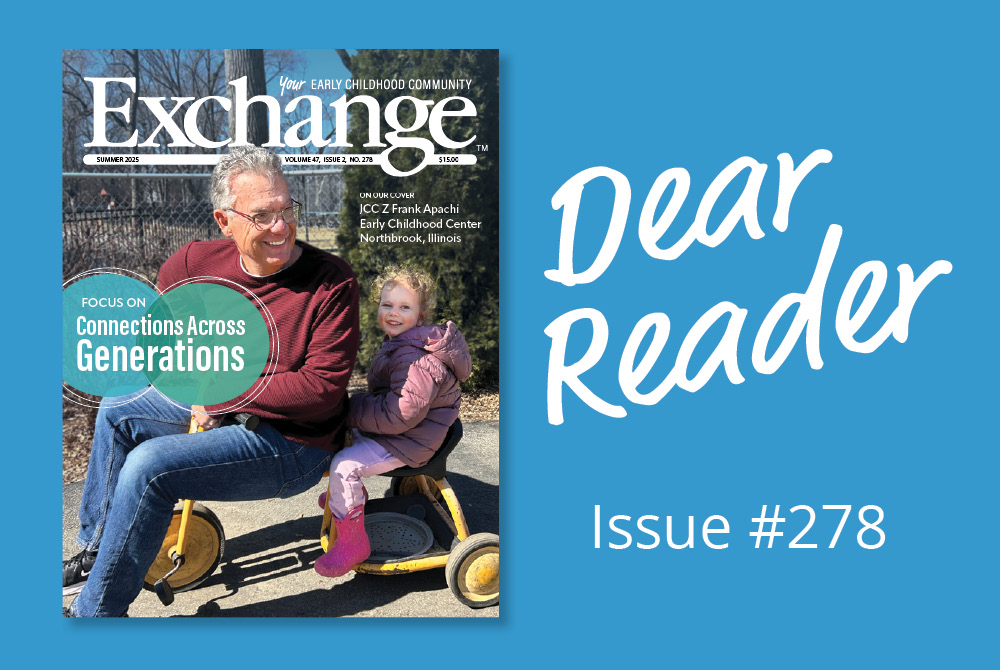 Following the 2020 election, I came across a Facebook photo of a toddler in a pink dress, with neatly parted afro puffs, staring at a flatscreen while Kamala Harris, resplendent in a white silk suit, delivered her victory speech. The image of that toddler not only captured the innocence of a little Brown girl witnessing history, it also showed the glow in Kamala’s smile, and the joy in her eyes as she peered into the crowd and noticed the newly ablaze fire that she lit on the path in front of her.
Following the 2020 election, I came across a Facebook photo of a toddler in a pink dress, with neatly parted afro puffs, staring at a flatscreen while Kamala Harris, resplendent in a white silk suit, delivered her victory speech. The image of that toddler not only captured the innocence of a little Brown girl witnessing history, it also showed the glow in Kamala’s smile, and the joy in her eyes as she peered into the crowd and noticed the newly ablaze fire that she lit on the path in front of her.
I immediately “liked” it.
Another image I saw, within the same climactic 24 hours, was a portrait by Bria Goelle, in which the new vice president-elect walked confidently in high heels, dressed in a smart-looking blue pantsuit. She had a look of determination on her face, clutching her matching purse and marching purposefully forward. However, instead of Kamala’s own shadow accompanying her, her reflection was a smaller shadow of a little girl in pigtail twists, with a button nose and a big, sash bow sitting atop the back of her waist—arguably the most iconic little Brown girl in American history, Ruby Bridges.
“Wow, this is powerful,” I thought to myself. “Powerful to me, anyway.”
But, why? Why were these images powerful to me? Why was I so quick to “like” and “love” these images on social media?
Because those little Brown girls are me.
I am that toddler who was cute enough for adoring comments from white women in grocery stores, but was considered “troublesome” by age 5, when she started public school.
I am the little Brown girl who was deemed stunningly beautiful for my unique curls and deep, big, Americano-coffee eyes, but also designated a troublemaker when my rambunctiousness—similar to the rambunctiousness of the white girls in my class—caused a “disturbance.” I was singled out publicly by school administrators and my parents were called.
Those little Brown girls are that little girl in me.
I imagine myself watching a Black, female politician in the 1970s. What if I could have been the one in afro puffs, reaching out to touch the boxy television screen featuring an elegant, well-spoken woman of color addressing her country? Listening to her spread a desperately needed message of unity and togetherness for all people. What would that have meant to me back then?
Now, decades later, little Brown girls all over the world can finally have a genuine moment of recognition and joy: The new VP-elect looks just like us!
For all of us, for me, this moment of representation matters. For the first time, as Black and Brown girls everywhere, we will see ourselves as limitless. Game changers. Earth shakers. Trailblazers.
People of privilege will now have no choice but to allow us Brown girls to bring perspectives that are new to them. Our stories will bridge chasms, our actions will redirect the course of history.
This new reality will open doors that have been tightly closed for 400 years. Doors behind which we have been quietly playing with white Barbies and pale-skinned baby dolls, waiting expectantly for our turn.
Now is our moment to shine.
Mismiki Montgomery is a former elementary teacher and place-based nature education coach at the University of Nebraska's Ruth Staples Child Development Lab. She is director of youth programs at the Malone in Lincoln, Neb. She earned her associate's and bachelor's degrees in early childhood development and inclusive education.
Related
ADVERTISEMENT










